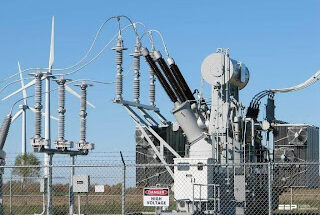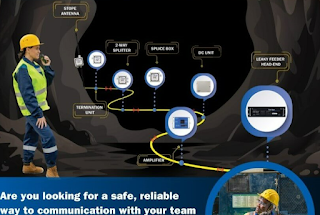Whether you’re shopping for a new produce crate or a bottle of soup, jarred and packaged goods can help you save money on your grocery bill. Packaging protects your food from contamination and helps keep it fresher for longer. Likewise, jarred and bottled goods are easier to carry and have more storage space. That’s why many people prefer to buy packaged goods over unpackaged ones.
The Convenience Factor
When choosing between bottled and jarred packaged goods, consider the convenience factor. While regular packages are more convenient and are easier to handle, jars are more portable. They can easily be stored and transported, easy to transport. They are also less likely to get damaged and spoil, especially if you’re not a fan of storing items in your refrigerator. Furthermore, jars will keep your products fresher, increasing their shelf life.
In addition to convenience, jarred packaged goods are easier to clean. They come with a removable lid and can easily be washed. They also retain their freshness and don’t need to be refrigerated, making them the best choice for most families. The main advantage of jarred packaged goods is their affordability and versatility. It’s a great way to save money while shopping for groceries.
Easier to Transport & Store
The best thing about jarred and bottled packaged goods are that they are recyclable. They break down into smaller pieces that land on the ground, reducing the amount of pollution in the environment. And unlike standard packages, jarred and bottled goods are easy to store. They also prevent food from spoiling. That means fewer toxins and less pollution in the air.
In addition to being environmentally friendly, jarred and bottled packaged goods have many other benefits. They are easier to transport and store and don’t create waste. Their packaging materials are free of petroleum by-products. And jarred and bottled packaged goods are more convenient and economical. They make shopping for your products a lot easier. They also save you money.
More Environmentally Friendly
Apart from being reusable, jarred and bottled packaged goods are easy to clean and reuse. They have a longer shelf life than canned goods and are more environmentally friendly. It means that bott led and jarred packaged goods are more sustainable than their counterparts. The materials used for packaging can be recycled and reused. The benefits of jarred and bottled goods are many.
Also Read: Custom Food Boxes: Add Spooky Halloween Themes to Your Food Packaging
Compared to standard packages, jars and bottles can be easily managed. You can store them easily in refrigerators and pantry areas. Moreover, they can help you save money by preventing the spoilage of your groceries. So, what are the Benefits of Bottled and Jared Packaged Goods?? Just as with bottled and canned goods, glass and jarred packaged goods are better for the environment.
Easy to Transport Anywhere
Besides being 100% recyclable, jarred and bottled goods are eco-friendly. They break down into smaller particles and land on the ground, reducing pollution and improving the environment. They don’t contain any petroleum by-products, and they are easy to transport anywhere. And since they are 100% recyclable, they are the perfect choice for food manufacturers.
Savings: Buying jarred and bottled packaged goods mean fewer packaging materials. Compared to bottled and jarred foods, jarred and bottled beverages are usually cheaper per unit. And they can be stored in the refrigerator or pantry if you purchase in bulk. They are also more efficient and convenient. They can save you money. Buying in bulk will make shopping for groceries easier and save you time and effort.
Final Thought:
Packaging is easy and convenient: Bottled and jarred packaged goods are ideal for food, beverages, and other items. They are easier to transport and save manufacturers’ time, allowing them to sell more products at lower prices. And they are better for the environment. They have fewer packaging and are more convenient for consumers. But what are the advantages of jarred and bottled packaged goods?




